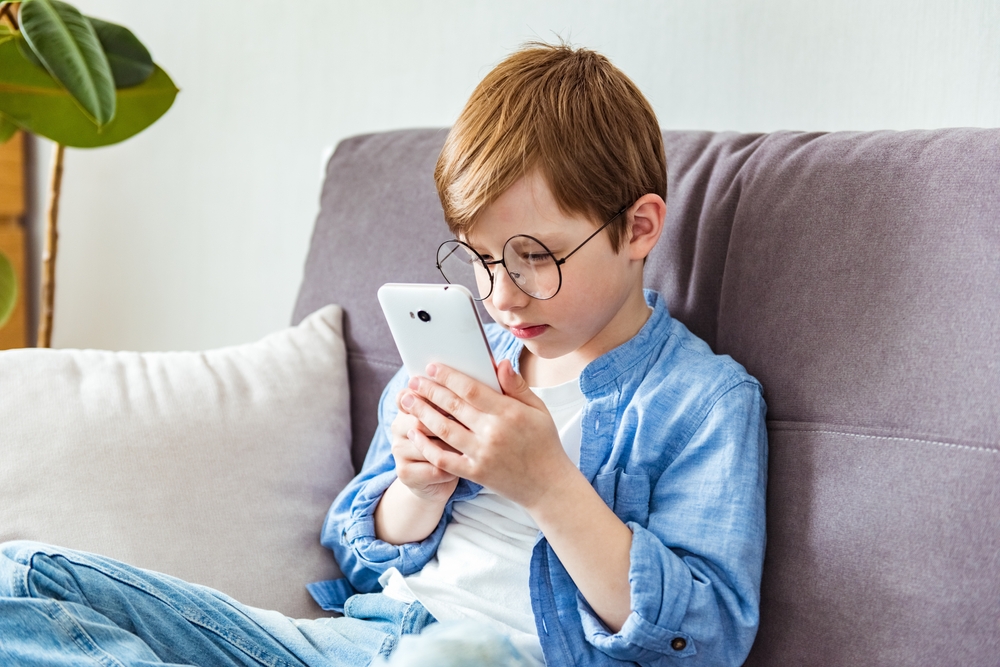
As a parent, one of the most significant roles you play is ensuring the health and wellbeing of your child. An essential, yet often overlooked aspect of this is safeguarding their vision. In today's digital age, where screens are an integral part of learning and entertainment, more children are becoming susceptible to vision issues. Understanding children and vision is key to ensuring your child enjoys clear sight throughout their life.
What is Myopia?
Myopia is a vision condition where objects nearby are seen clearly, but those at a distance are blurred. It occurs when the eye is too long relative to the focusing power of the cornea and lens, causing light rays to focus at a point in front of the retina rather than directly on its surface.
Myopia can significantly affect a child's quality of life. It can hinder their ability to participate effectively in class or sports, and if left unmanaged, it can lead to more severe eye conditions later in life.
The Importance of Myopia Management for Children
When myopia is managed effectively, it can slow or even halt the progression of nearsightedness. This proactive approach is essential because high levels of myopia can increase the risk of serious eye conditions later in life, which could lead to vision impairment or loss.
Early intervention is key. The younger a child is when myopia begins, the more likely they are to develop high levels of nearsightedness that may require more intensive treatment. That's why it's crucial to detect signs of myopia as early as possible.
Myopia management can have a positive impact on your child's day-to-day life. With clearer vision, they can perform better academically and socially, and enjoy a higher quality of life. Letting your child know that their vision matters and that there are ways to manage their myopia can be empowering and reassuring for them.
Strategies for Myopia Management
When it comes to myopia management strategies, there are several options available. These methods vary in approach, effectiveness, and suitability depending on the individual child's needs.
Ortho-K involves the use of specially designed gas-permeable contact lenses that your child wears overnight. These lenses gently reshape the cornea while they sleep, allowing for clear vision during the day without the need for glasses or contacts. It's a reversible process, and it's also been shown to slow the progression of myopia in children.
Another method is the use of atropine eye drops, which are applied typically once a day. Atropine has been found to slow the progression of myopia, although the exact mechanism is not fully understood. The drops are often used in low doses to minimize side effects such as light sensitivity and difficulty with close-up vision.
Multifocal glasses or contact lenses are designed with different lens powers to correct vision at varying distances. They can be an effective way to manage myopia by reducing the stress and fatigue associated with focusing on close objects for long periods.
Each of these strategies has its advantages and should be considered in consultation with a qualified eye care professional who can recommend the best course of action based on your child's specific situation.
Keeping up with scheduled eye exams allows for adjustments to be made to your child's myopia management plan as needed. This ongoing attention ensures that the chosen strategies remain effective over time.
Protecting Your Child's Vision
Protecting your child's vision is a task that requires awareness, knowledge, and a proactive stance. By understanding what myopia is and the importance of myopia management, you are equipped to make informed decisions about your child's eye health.
If you're concerned about your child's vision or suspect they may be developing myopia, schedule a eye exam at Innovista Eye in our Boerne, Texas, office. Please call (210) 526-2020 to book an appointment today.








